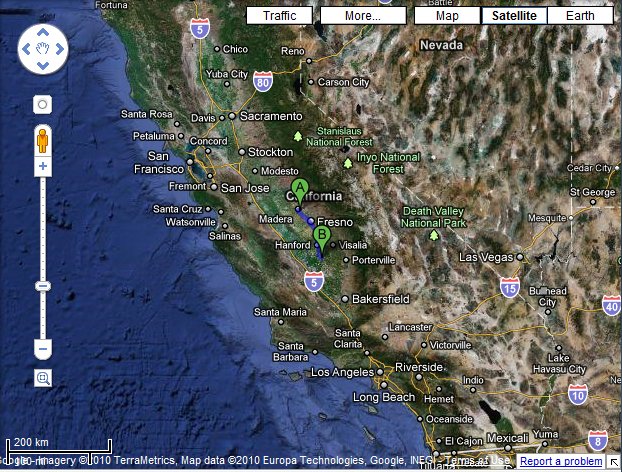Another year, another opportunity for some people to indulge in over-the-top, mawkish, ostentatious grief for someone the vast majority never actually met:
A post up at American Digest recounts what Gerard was doing when he heard that John Lennon had been shot. It’s a good posting: go read it.
What I was doing was a lot less interesting and profound: I was driving from Mississauga to Montreal that morning, and all I could get on the AM radio in the truck was endless playings of “Imagine” and other Lennon tunes I didn’t like to start with. To make it worse, I was going to be spending two weeks in Montreal (I don’t speak French), hanging off the side of an apartment building (I’m really not good with heights), learning how to install a master-antenna TV system. I certainly had enough worries of my own to occupy my thoughts.
I was born in 1960. By the time I started paying attention to popular music, the Beatles were about as current to me as the Monkees (and, truth to tell, I kinda preferred the latter, if only for the TV show reruns). John Lennon was some bearded weirdo with a whacky wife and they both spouted the sort of rhetoric that left me feeling that they really didn’t like the west at all. I was sorry that he was dead, but the wholesale public mourning struck me as being just plain over-the-top.
In retrospect, it was rather like the outpouring of public grief when Princess Diana got herself killed: unseemly, inappropriate, lavishly exhibitionistic displays of emotion. Perhaps I’m just not very sympathetic, at heart, but all it seemed to lack was ululations and slashing of cheeks to be a true primitive, tribal ceremony. I didn’t have the stones to say “Grow up” out loud, but that was what I thought then.
Originally posted on 8 December, 2004.




